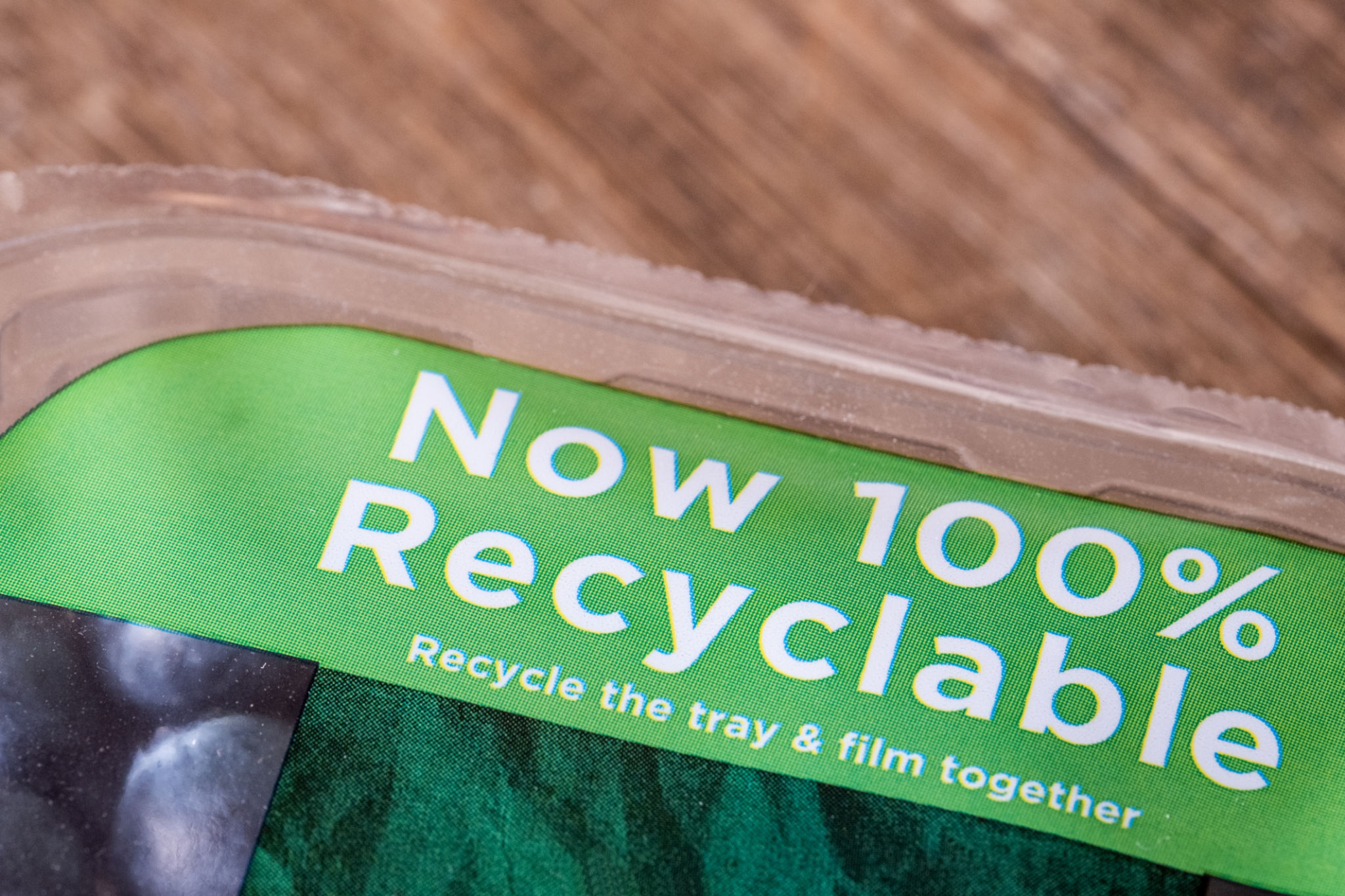How to Choose Eco-Friendly Temporary Tattoo Options for Your Business
Ta
Understanding the Importance of Eco-Friendly Temporary Tattoos
In today's eco-conscious world, businesses are increasingly looking for sustainable options in every aspect of their operations. Temporary tattoos, often used for promotional purposes, can also be eco-friendly. Choosing the right options for your business can help reduce your environmental impact while appealing to environmentally aware consumers.
Eco-friendly temporary tattoos are made with materials and processes that minimize harm to the environment. By opting for these sustainable alternatives, your business can demonstrate its commitment to environmental responsibility, which can enhance your brand image and attract more customers.

Materials Matter: What to Look For
The first step in choosing eco-friendly temporary tattoos is to consider the materials used. Look for tattoos made with natural ingredients, such as vegetable-based inks and compostable papers. These materials are biodegradable and reduce landfill waste, making them an excellent choice for businesses committed to sustainability.
Additionally, avoid tattoos that contain harmful chemicals or heavy metals. These substances can leach into the soil and water, causing environmental harm. Instead, opt for non-toxic and hypoallergenic options that are safe for the skin and the planet.

Eco-Friendly Production Processes
Beyond materials, the production process of temporary tattoos also plays a crucial role in their environmental impact. Choose companies that use energy-efficient methods and sustainable practices in their manufacturing processes. This includes minimizing water usage and reducing carbon emissions during production.
Some manufacturers have implemented closed-loop systems to recycle water and other resources, further enhancing their eco-friendliness. Partnering with these companies can help ensure that your temporary tattoos are produced responsibly from start to finish.
Packaging: Less is More
Eco-friendly temporary tattoos should come with minimal packaging to reduce waste. Opt for products that use recycled or recyclable materials in their packaging. This not only conserves resources but also aligns with consumer expectations for sustainable packaging solutions.

If possible, choose suppliers that offer bulk packaging options to further minimize waste. By reducing the amount of packaging used, you can significantly decrease your business's overall environmental footprint.
Certifications and Credibility
When selecting eco-friendly temporary tattoos, look for certifications from reputable environmental organizations. Certifications such as FSC (Forest Stewardship Council) or Green Seal indicate that the product meets high environmental standards.
These certifications provide assurance to your customers that your tattoos are genuinely eco-friendly. They also enhance your business's credibility as a brand that prioritizes sustainability.
Cost Considerations
While eco-friendly options may sometimes have a higher upfront cost, it's essential to consider the long-term benefits. Sustainable products often lead to cost savings in waste management and can enhance brand loyalty among eco-conscious consumers.

By investing in environmentally friendly options, your business can differentiate itself in a competitive market and attract a growing segment of consumers who prioritize sustainability.
Conclusion: Making the Right Choice
Selecting eco-friendly temporary tattoos requires careful consideration of materials, production processes, packaging, certifications, and costs. By prioritizing sustainability in your promotional products, you demonstrate a commitment to protecting the planet while appealing to environmentally conscious customers.
Ultimately, choosing eco-friendly temporary tattoos is not just about reducing environmental impact—it's about aligning your brand with values that resonate with today's consumers. Make the right choice for your business and the environment by opting for sustainable temporary tattoo options.